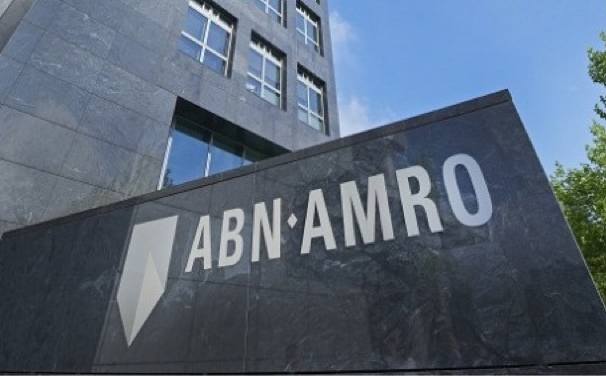‘Turn ABN Amro into a consumer bank which will benefit society’

 ABN Amro is still owned by the state; it is time the government did something useful with it, write Reinier Casteleijn, Erik Hallers, Adjiedj Bakas and Wim de Ridder.
ABN Amro is still owned by the state; it is time the government did something useful with it, write Reinier Casteleijn, Erik Hallers, Adjiedj Bakas and Wim de Ridder.
Finance minister Jeroen Dijsselbloem has decided to postpone the flotation of ABN Amro for now. A wise decision, not only because of the ill-advised salary hike for the bank’s top executives but because ABN Amro should be a bank at the service of Dutch consumers and entrepreneurs.
As long as ABN Amro is state-owned the government can force it to make innovations which will turn it into a consumer bank. This will increase the bank’s market value and make it future proof. It will also compensate the Dutch taxpayers somewhat for having paid the bank’s hefty bail-out bill.
The banks in this country, including ABN Amro, have let down consumers and small and medium-sized businesses alike over the last few years. It’s not for lack of money: the European Central Bank is printing it as we speak. Consumers and businesses are losing out nevertheless and it’s time for a re-think.
Client friendly
The Netherlands needs a bank which serves clients looking for finance in a modern and client-friendly way. It needs a bank with vision; innovative, socially-minded and not at the beck and call of shareholders.
The state should have demanded ABN Amro fulfil this role when it took ownership of the bank in 2008. Politicians, the Dutch Central Bank and financial services regulator AFM may have put in place a comprehensive organisation to control banks, but they haven’t shown any vision or insight when it comes to the commercial potential of a modern, socially-engaged bank.
The result is that small and medium-sized companies are looking elsewhere for finance. Google, Apple and Amazon are getting into banking and Microsoft has developed a digital platform which can turn any organisation into a bank. Crowd funding, credit unions and peer2peer banking are on the rise.
Digital age
In the global marketplace all banks want to be top players. But what good will that do us, the owners of ABN Amro? Flotation doesn’t guarantee good service to citizens and entrepreneurs.
In the past, government intervention in banking resulted in important innovations and new financial tools. The Rijskpostspaarbank, for instance, introduced the national giro-based payment system Girotel, the first form of electronic banking. The government also introduced a highly successful credit facility guarantee via the Nederlandse Middenstandsbank for small and medium-sized businesses.
Now technology is here to prepare banks for the digital age. Banks are mainly concentrating on digitalising traditional functions, such as payments and administration. They are neglecting to digitalise their commercial function. Many companies are looking for new business models which will make them more flexible. Banks should facilitate this by providing finance.
Social relevance
Social relevance is a form of success that we think ABN Amro and its workers should be very happy to achieve. Many prominent companies in the digital world, such as Tesla and Google, think social relevance is a key variable in their commercial policy. Car-maker Tesla allowed its patents to be used by anyone and called on businesses to develop a new generation of batteries because ‘all cars should run on electricity’.
The kind of bank we would like ABN Amro to become would formulate robust goals regarding its function in society. This can only be done if the government turns (part of) the bank into a disruptive, client-orientated bank, shows vision and demands socially-relevant innovation, as it did earlier in the case of the Rijkspostspaarbank.
The postponement of the ABN Amro flotation should be used to create a bank that will make a difference. Parliament should call on the Dutch Central Bank and the financial regulators to develop a plan for a game changing bank, a bank which would ultimately be of much greater value to society and the state coffers than is now thought.
Reinier Casteleijn is chairman of De Unie, Erik Hallers is owner of Sublime FM and Adjiedj Bakas is a trendwatcher, Wim de Ridder is a professor of futures studies at the University of Twente.
This article appeared earlier in the Volkskrant.
Thank you for donating to DutchNews.nl.
We could not provide the Dutch News service, and keep it free of charge, without the generous support of our readers. Your donations allow us to report on issues you tell us matter, and provide you with a summary of the most important Dutch news each day.
Make a donation